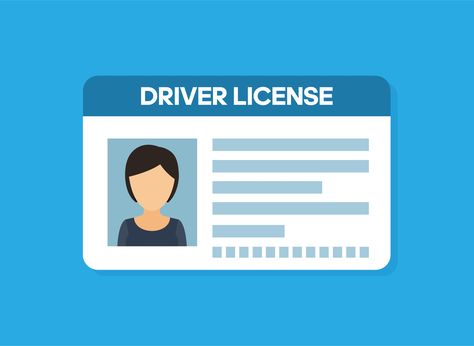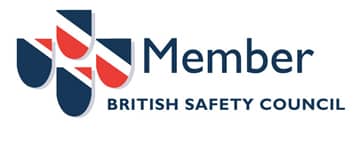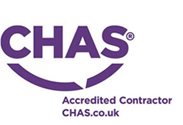Employers have a responsibility to make appropriate checks to ensure anyone they ask to drive for work is legally able and competent to do so.
The Road Traffic Act 1988 states that it’s an offence for a driver to drive without a valid licence. The Act also states that it’s an offence for a person or organisation to permit a driver to drive without a valid licence. So having a robust system in place to check drivers’ licences will assist in identifying someone without a valid licence.
Employers should also check if a potential driver has any penalty points, and whether they’re eligible to drive the class of vehicle required. The checks will also highlight if drivers need glasses or have any other medical issues that may affect their ability to drive.
Every year, tens of thousands of drivers have their licences revoked for a variety of offences, while tens of thousands more must surrender their licence for medical reasons. Regular checks will pick these up. Licences should therefore be checked at least annually directly with the DVLA.
Driver checks and records systems should include:
- Licence Checks – penalty points
- Eyesight and medical checks
- Vehicle category eligibility
- Insurance for business use (if they drive their own car for work)
- Policy receipt and acceptance (as we discussed in the previous segment)
- Delivery of any training requirements
- Collision or incident record
- Driving offences and fines
- Any complaints or disciplinary action taken against the driver.
It’s important to remember that passing the driving test does not necessarily make someone competent to drive for work so it’s essential to check what experience they have.
If you’re asking a younger driver to travel 20,000 miles on a motorway each year or asking someone to drive a van for the first time, or tow, it’s vital that you take the time to ensure they are both competent and comfortable doing so. If any additional training and guidance is required, make sure it is noted.
The benefits of a robust driver checking system include:
- Preventing the recruitment of unlicenced or ineligible drivers.
- Quickly picking up medical issues or poor vision standards.
- Identifying higher-risk drivers and those with penalty points.
- Ensuring drivers have the right experience and competence.











